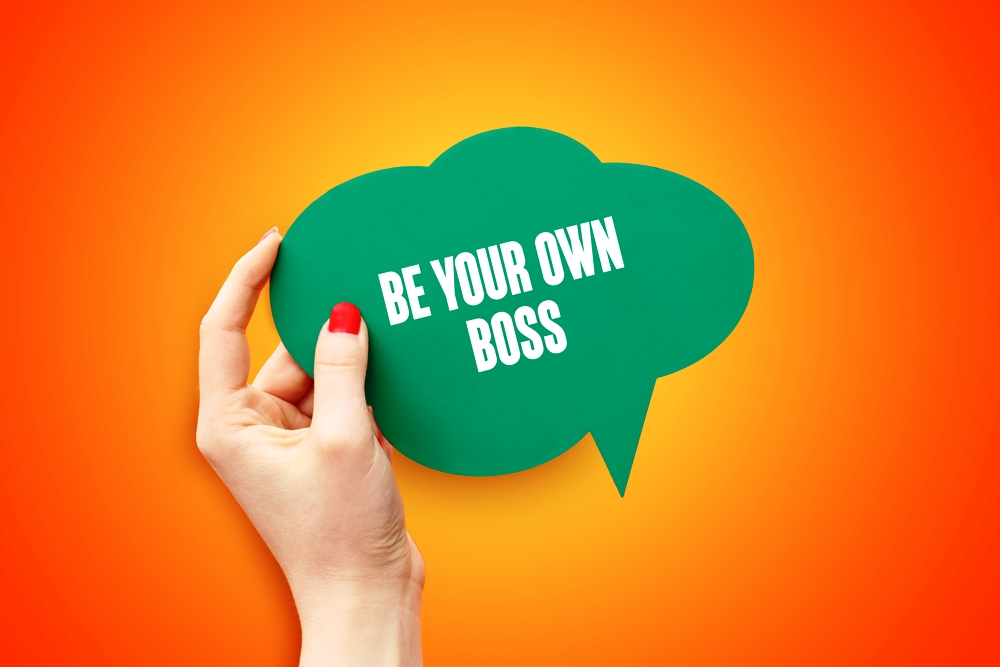Many people love the idea of being their own boss but don’t necessarily want the hassle of managing a small business, preferring instead to give up their job in order to operate as a solo practitioner… most often, doing the same thing.

Shutterstock Licensed Photo – By Marta Design
This is a particularly good route for those within the wellness industry, as most the time, you can practice remotely, in other people’s homes – meaning you don’t have the financial overheads of renting premises and marketing can be done mostly via work of mouth.
This is therefore, a very cheap and efficient way to start a business without it feeling like a “business”. Many professionals such as beauticians, hairdressers, nutritionists, personal trainers and even midwives are now opting to be their own boss and operate as a solo practitioner.
In this article, we’re going to look at some of the most important considerations before taking the plunge:
1. EQUIPMENT
The first thing you need to work out, when starting out, is what equipment you are going to need. Write out a list of all the equipment you could possibly want, and then, with a highlighter pen highlight the things that are absolutely essential to your business versus the ‘nice to haves’. When you’re starting out it’s imperative you’re frugal with capital purchases (i.e. equipment) and shop around.
For instance, if you are a midwife looking for an ultrasound machine for sale, then it’s good to shop around and even consider buying something second-hand, as such specialist equipment can be a significant purchase – particularly when you’re used to being supplied everything from work.
Also Read
2. MARKETING
The thing that will make or break your business is not necessarily how good you are at what you do, but how well you can market your talents and attract customers. There are a number of factors when it comes to marketing, but the most pertinent you need to learn as a solo practitioner is how to use social media marketing – in addition to offline campaigns.
3. PREMISES
Having premises is a great option, as it certainly gives off a professional impression, yet many people trade from their own home when starting out or offer the customer convenience of being ‘mobile’ in the sense that you go to your client’s home. This is not only a value-add for the customer, but it also keeps your costs down.
Therefore, think carefully about whether you truly need premises or whether this is something you want as it will make you feel more established. Premises can be expensive, and there’s no guarantee of success just because you open up shop – indeed, the financial stress of paying monthly rent can do a lot more harm to your business, than good, if there are initial cash flow issues.
Strongly consider whether premises are something you truly need, as many solo practitioners have thriving businesses, operating from home or being mobile.
